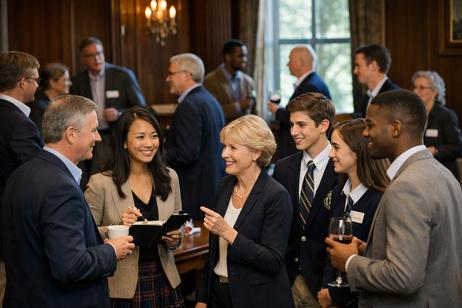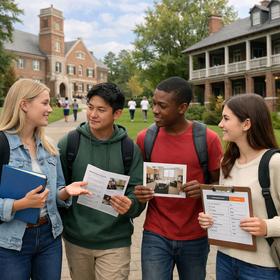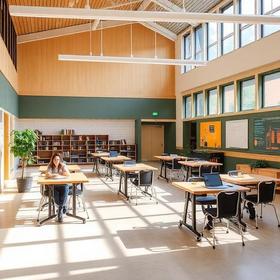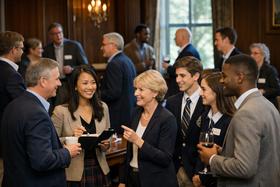Alumni Networks & Boarding Schools: How Connections Drive Career & College Success
In 2026, families choosing a boarding school for their child’s education increasingly weigh not only academic programs and campus life but also the long-term impact of the school’s alumni network. Alumni networks are the formal and informal systems that link a school’s graduates with one another and with current students. These networks can offer mentorship, career pathways, college guidance, and professional referrals that extend well beyond the classroom.
For boarding schools, which often emphasize lifelong community and leadership development, alumni networks are strategic assets that can influence outcomes long after graduation. This article explains how alumni networks function, why they matter for educational and career trajectories, and how boarding schools are enhancing alumni engagement to benefit students today.
Why Alumni Networks Matter for Boarding Schools
An alumni network is the collective body of graduates from an institution and the structured opportunities for them to stay connected. These networks help cultivate social capital, defined as the relationships that enable individuals to advance socially and economically. Social capital facilitates access to opportunities that might otherwise remain hidden.
1. Expanding Access to College & Career Opportunities
Strong alumni networks provide current students and recent graduates with:
Mentorship and guidance from professionals who have already navigated college admissions and careers.
Exclusive job postings or internships that are circulated within alumni


















